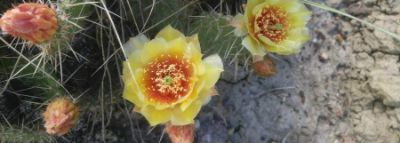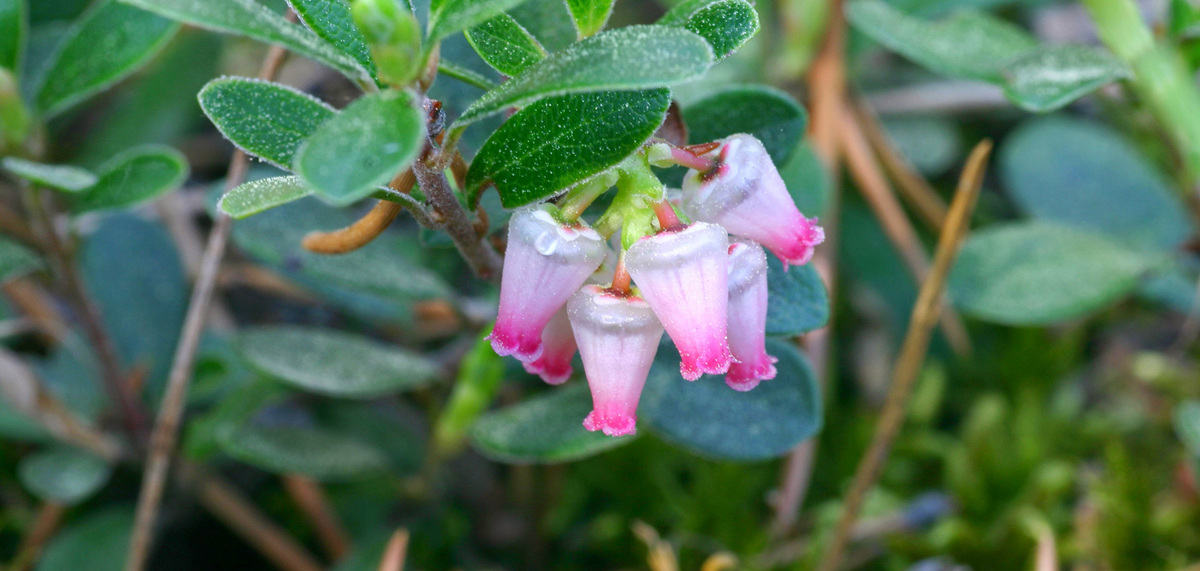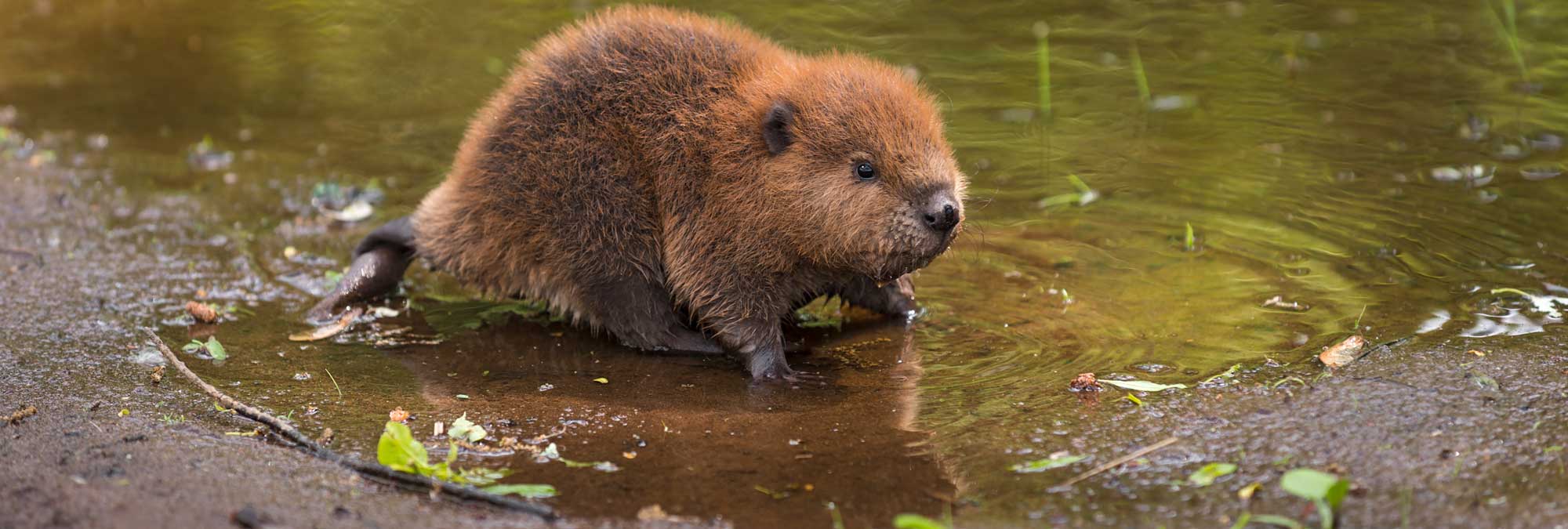
Biodiversity in Alberta
Alberta is a diverse place, with six natural regions. ABMI monitors over 3,000 species within the province, but there are thousands more unknown to all of us.
But don’t let this simple definition fool you...
This term describes multiple levels of complexity that make up our natural world, including: all animals, plants, insects, and microorganisms (species diversity), not just the ones we see or know about; where they live, connect, and interact (ecosystem diversity); and the very genetic makeup of each living being (genetic diversity).
Each region has distinctive geographical and climatic conditions that support an enormous variety of plants and animals.
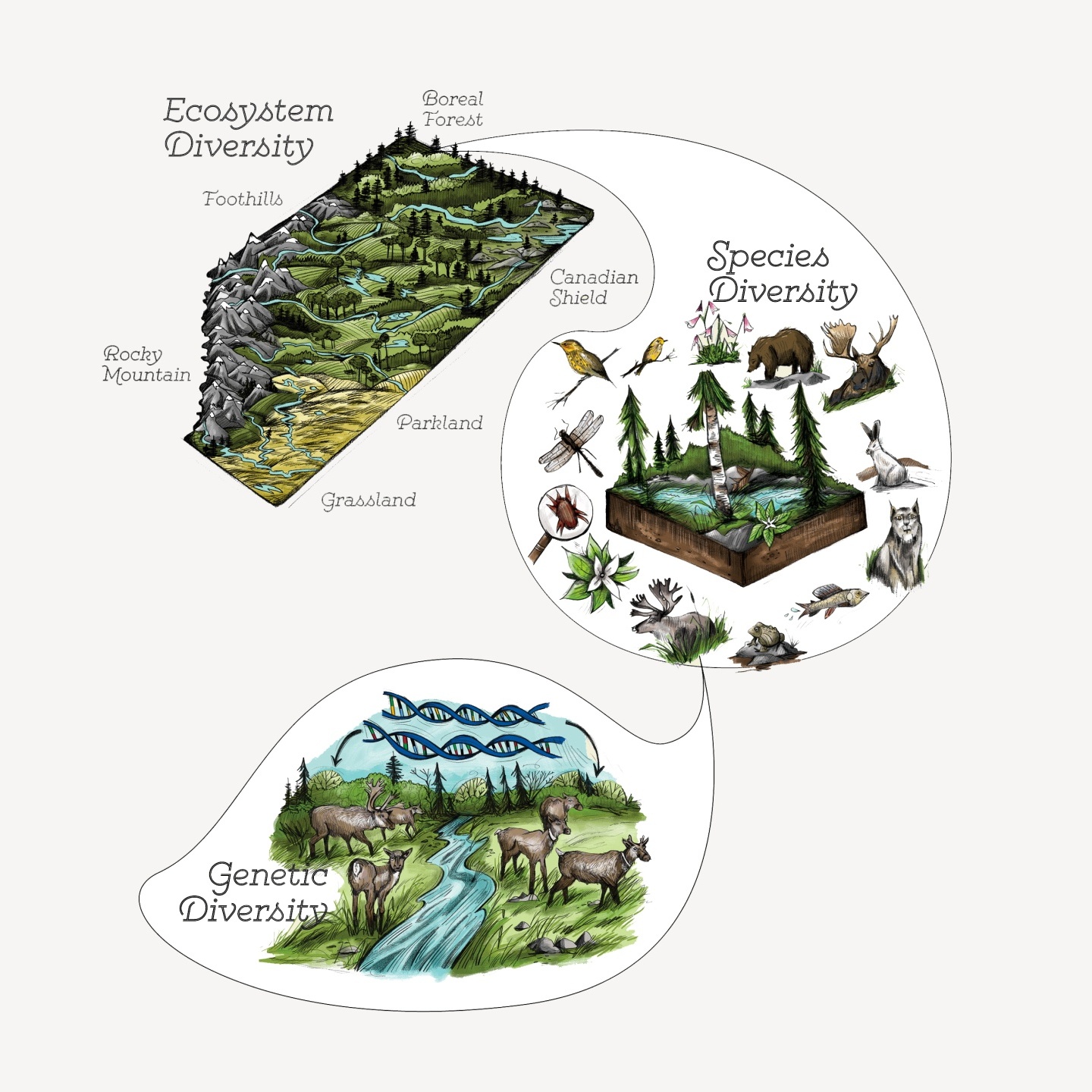
Alberta's Six Natural Regions:
The province has six major ecosystem types called Natural Regions, each with distinctive geographical and climatic conditions that support an enormous variety of plants and animals:
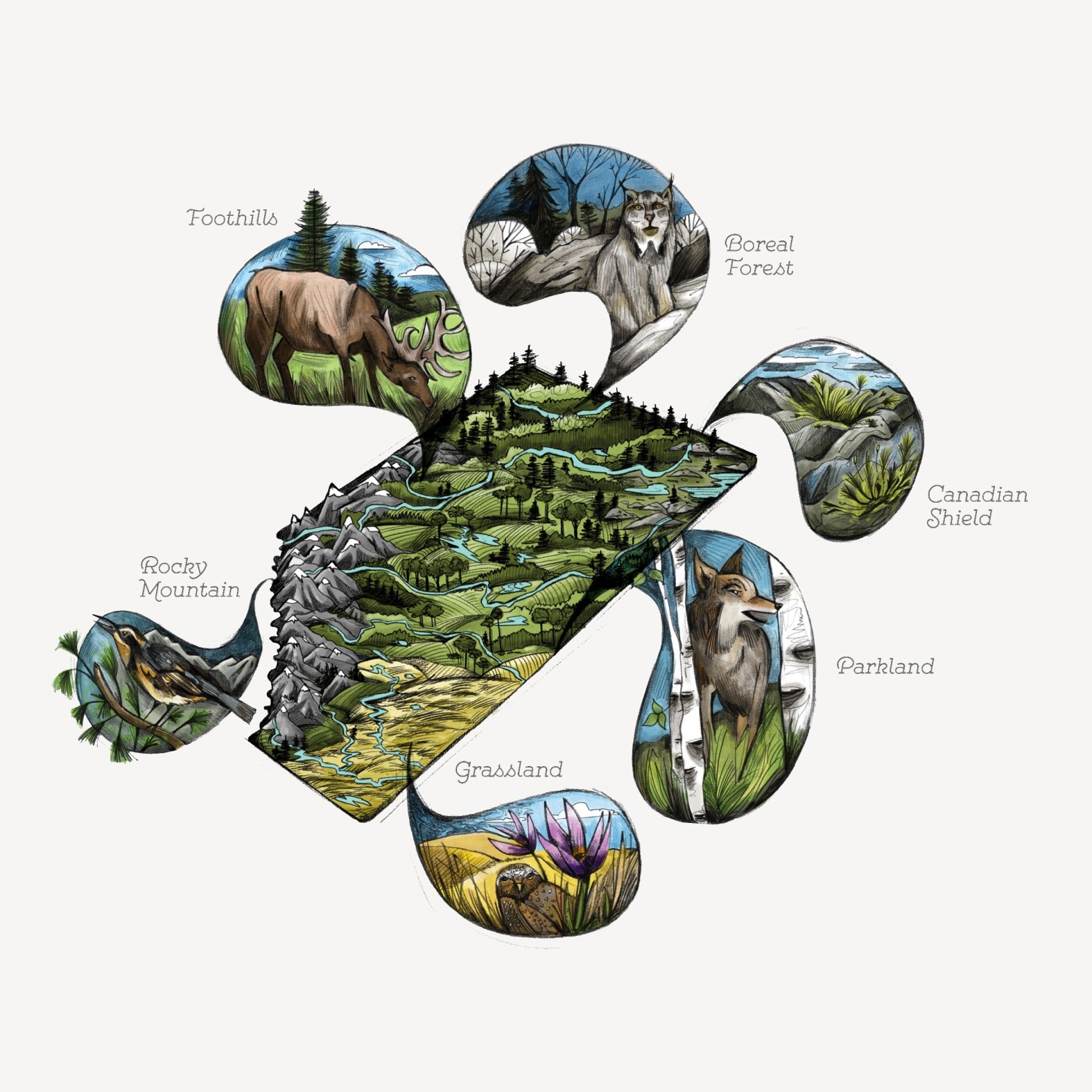
The Biodiversity Browser is Alberta's encyclopedia of life.
Discover the wide variety of species that call Alberta home.
Tracking changes in wildlife and habitats, we monitor landscapes and biodiversity across Alberta, working collaboratively to provide ongoing, relevant, and scientifically credible information about our living resources.
Alberta is a diverse space, with six natural regions. ABMI monitors over 2,500 species within the province, but there are thousands more unknown to all of us.

